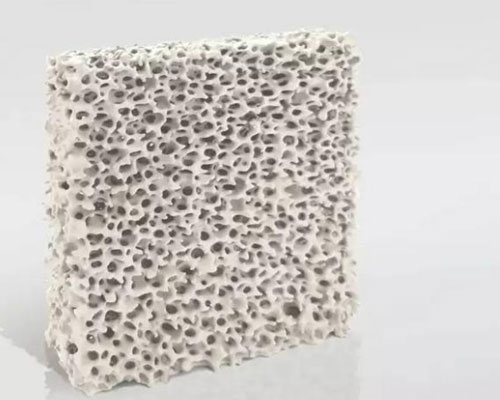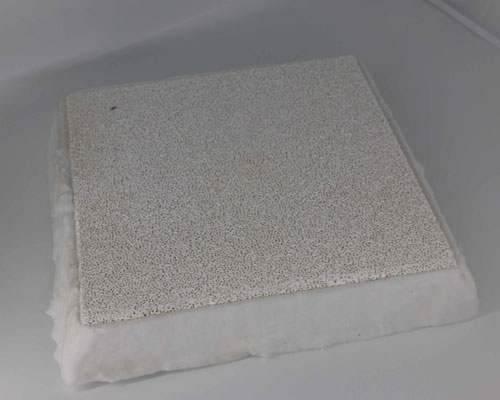With the rapid development of casting industry, the requirements for cleanliness of molten metal and casting performance are higher and higher. In recent years, molten metal foam ceramic filter has been widely applied in foundry production, and has become the simplest and effective method to improve the mechanical properties of castings and reduce porosity and inclusions. At present, more and more manufacturers of molten metal foam ceramic filters are being produced in China, and the production and consumption of foam ceramic filters have also increased significantly. However, the quality of products is uneven, which has caused difficulties for foundry manufacturers to choose foam ceramic filters. If they are not used properly, they will not achieve the desired effect, but will cause more trouble for foundry production. Even increase the reject rate of casting. Therefore, rational selection and proper use of foam ceramic filters in casting production is a problem faced by foundry manufacturers.
The main function of foam ceramic filter is to filter out impurities and bubbles in molten metal, purify metal liquid, and make rectifying effect through filtration, making the flow of molten metal more stable and preventing the two oxidation. The filtration of molten metal foam ceramic filters plays a major role in four aspects.

Mechanical screening (interception): remove large particles of oxide inclusions, filter out the bubbles in the liquid metal, reduce the harm of slag to the casting.
Filter cake mechanism: the intercepted large particles of mixed oxides accumulate in the filter, a filter cake is formed above the filter, which increases the ability of the filter to filter small particles with oxides.
Deep filtration (chemical adsorption): its unique three-dimensional network structure, hollow mesh has a large specific surface area, can adsorb small oxide inclusions.
Rectifying mechanism: it can change the flow of molten metal from turbulent flow to laminar flow, slow down the flow rate, prevent eddy current, reduce the secondary oxidation and suction of molten metal, and improve the casting performance.
Comparing the results of using filters in many foundries, the application of foam ceramic filter and no foam ceramic filter has an obvious effect on casting production: simplify the gating system, increase the production rate by 5%~10%, reduce the reject rate of casting, 15%~30%, increase the tensile strength and hardness by 5%-10%, increase the bending strength of 5%~8%, and improve the processing performance of castings.

